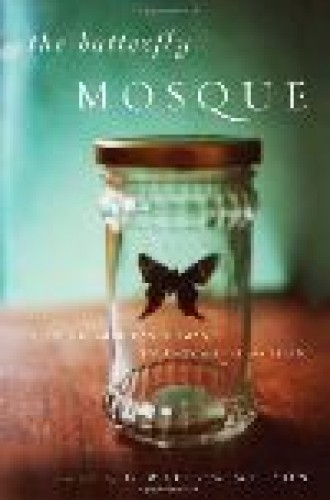BookMarks
Wilson doesn’t just write about the so-called “clash of civilizations,” she lives it. Although she grew up in a secular home, she found that she wasn’t good at atheism. Drawn to Islam first academically and then existentially, she moved to Egypt where she met and married a Palestinian Egyptian. Occupying space between very disparate worlds, she serves as an insightful interpreter of the Sunni Muslim world for Westerners, especially in our post-9/11 times.
The Other Wes Moore raises the question of why two people growing up in similar circumstances can turn out so differently. Moore, the author, tells the story of his own life and that of a peer with the same name. Both came from Baltimore and were raised by single mothers, both faced the allures of the street—which are all too present for young black males. But Moore the author eventually became a Rhodes scholar, while the other Moore is incarcerated for life for armed robbery and the murder of a police officer. Ironically, Moore the author says “the chilling truth is that his story could have been mine. The tragedy is that my story could have been his.”







